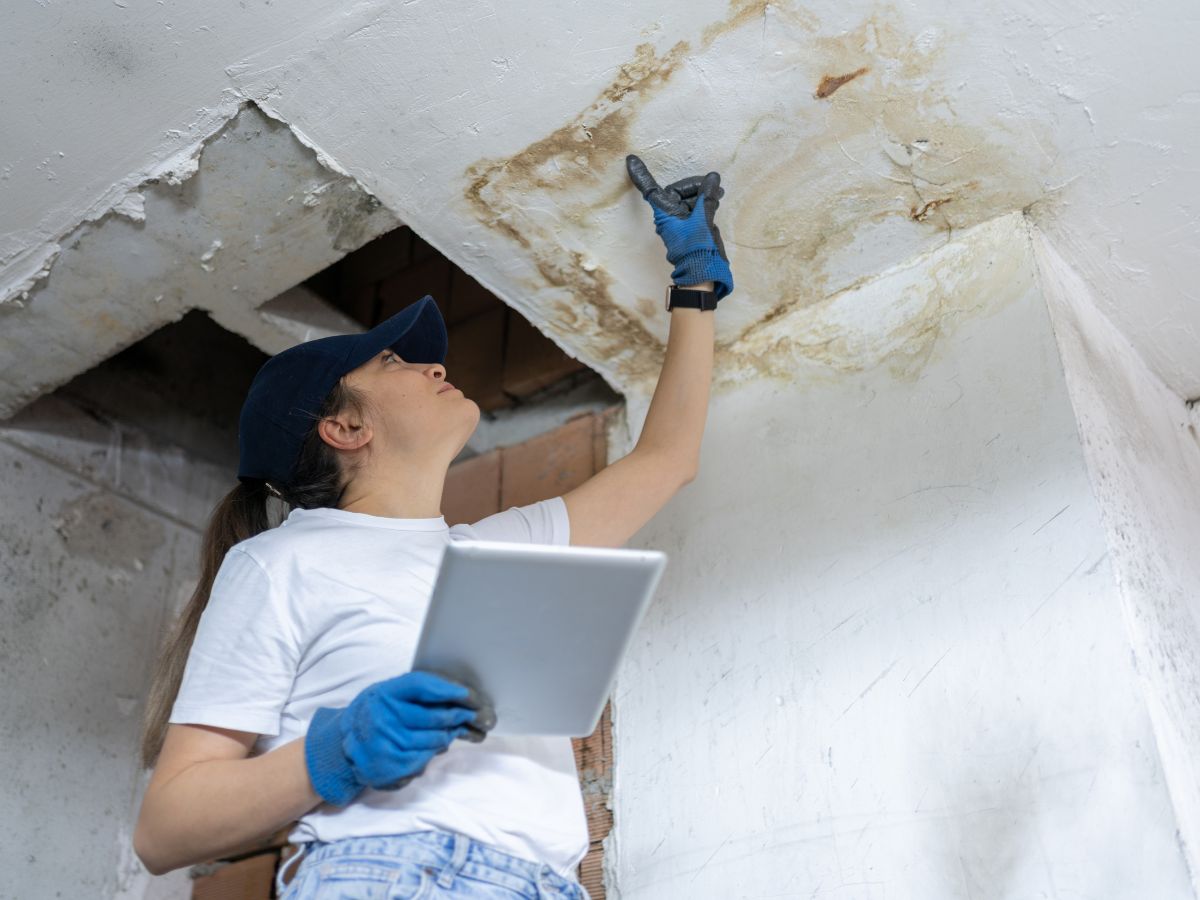Dealing with a fire in your home can be extremely difficult. It impacts your emotions and finances in a major way. For many homeowners, the thought of rebuilding or repairing the damage can feel overwhelming. Selling the property may be the most practical solution. If you’re considering how to sell a fire-damaged house, this guide will walk you through your options and provide valuable insights to help you move forward.
Assess the Damage

Before exploring your selling options, it’s important to assess the extent of the fire damage. This involves:
- Obtaining a Professional Inspection: Hire a licensed inspector or structural engineer to evaluate the damage and determine if the home is safe to occupy or sell.
- Documenting the Damage: Take photographs and compile detailed records of the affected areas. This document is very important for insurance claims & talking to people who may want to buy the property.
- Understanding Costs: Request quotes from contractors to understand repair costs. Even if you’re not planning to repair the house, these estimates help buyers gauge the property’s potential.
Explore Your Selling Options

When selling a fire-damaged property, several options are available, depending on your timeline, financial situation, and willingness to invest in repairs.
1. Sell As-Is to a Cash Buyer
Offloading a fire-damaged property to a cash buyer in its current condition is among the swiftest methods.These buyers, often real estate investors, specialise in purchasing distressed properties for renovation or redevelopment.
Benefits:
- Speed: Cash sales can close in as little as 7-14 days.
- No Repairs Needed: Buyers purchase the home in its current condition.
- Simplified Process: Minimal contingencies and paperwork.
Considerations:
- Offers are typically below market value to account for repair costs and investor profit margins.
2. List the Property As-Is on the Open Market
Another option is listing the property with a real estate agent who specialises in as-is sales. This approach may attract buyers looking for fixer-uppers or investment opportunities.
Tips for Success:
- Be Transparent: Clearly disclose the fire damage and provide inspection reports.
- Price Competitively: Work with your agent to set a realistic price that reflects the home’s condition.
- Target the Right Audience: Highlight the home’s potential, such as location, lot size, or zoning opportunities.
3. Consider Selling to a Local Developer
Developers often seek fire-damaged properties for redevelopment, especially if the land has significant value. If your property is in a desirable location, this option can yield competitive offers.
Key Points:
- Developers are less concerned about the condition of the structure.
- This option is especially viable if the cost of repairs outweighs the property’s value.
Leverage Insurance Claims

If you have homeowner’s insurance, filing a claim is a crucial step in recovering some of the financial loss. The payout can provide funds to cover repairs, reduce outstanding mortgage balances, or increase your flexibility when negotiating with buyers.
Steps to Take:
- Review your policy to understand what’s covered.
- Work with your insurance company to estimate the claim value.
- Use the payout strategically, whether for partial repairs or as leverage in sale negotiations.
Preparing to Sell a Fire-Damaged House

Even if you’re selling as-is, small steps can make your property more appealing to buyers:
- Clean the Property: Remove debris and salvageable items to make the home look presentable.
- Disclose the Damage: Be upfront about the fire damage and provide all relevant documentation. Transparency builds trust and prevents legal issues later.
- Highlight Potential: Focus on features unaffected by the fire, such as the land value, neighbourhood, or unique characteristics of the home.
Legal and Ethical Considerations

When selling a fire-damaged property, full disclosure is not just ethical—it’s often a legal requirement. Laws vary by location, but sellers are typically required to inform buyers about known damage or defects. Failing to disclose fire damage can lead to lawsuits or penalties.
Final Thoughts
Selling a fire-damaged house may seem daunting, but with the right approach, it can be a smooth and successful process. Whether you choose to sell to a cash buyer, list the property as-is, or negotiate with a developer, understanding your options is key to making the best decision for your circumstances.
By taking proactive steps, working with professionals, and being transparent, you can move forward with confidence, turning a challenging situation into an opportunity for a fresh start. Remember, no matter the extent of the damage, there’s always a path forward to sell your fire-damaged house and start a new chapter.



